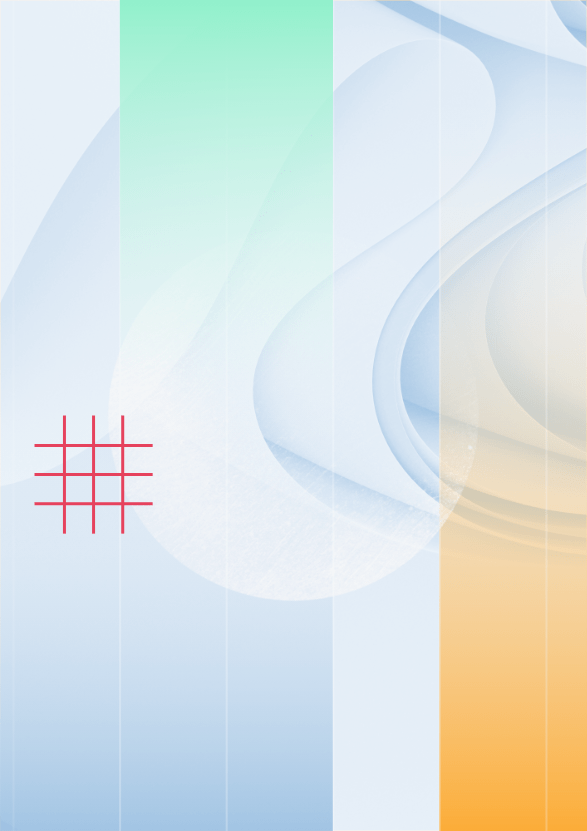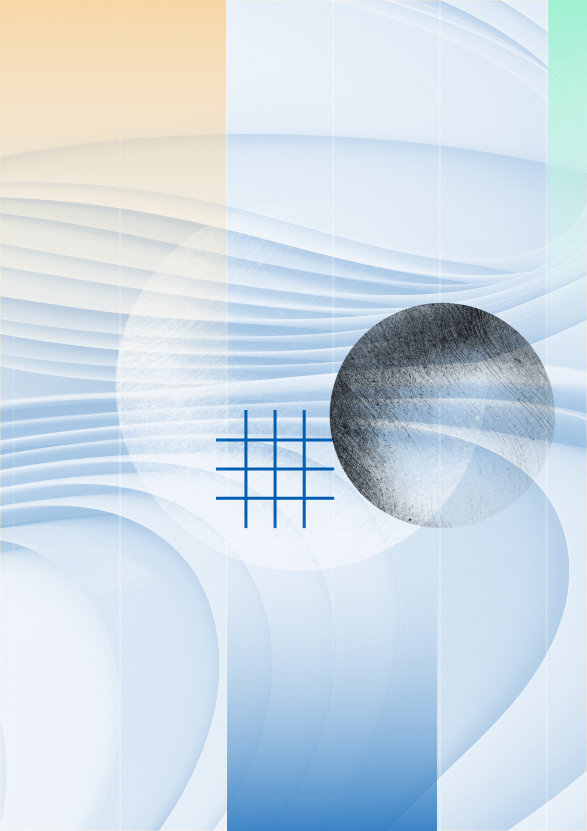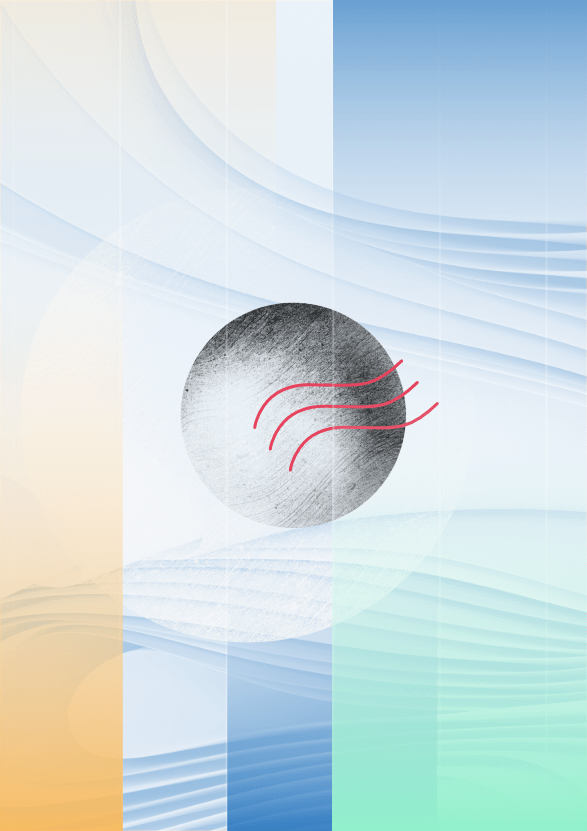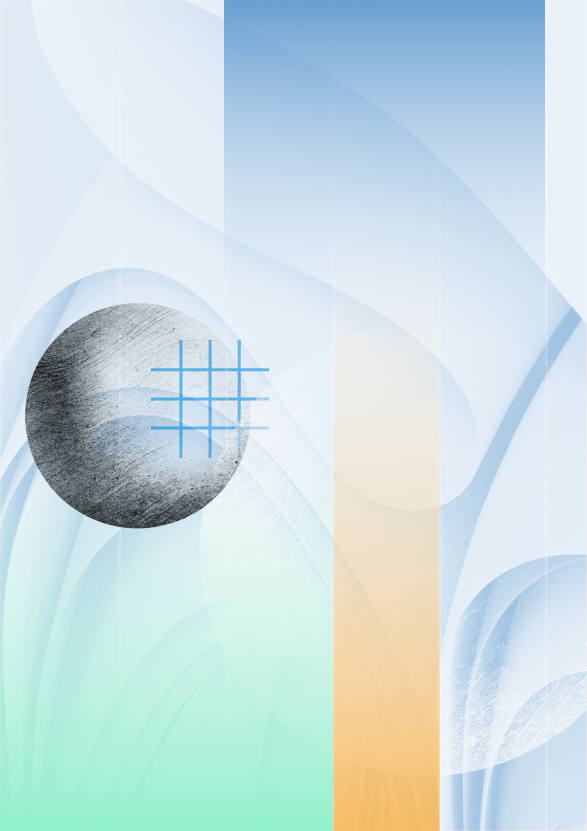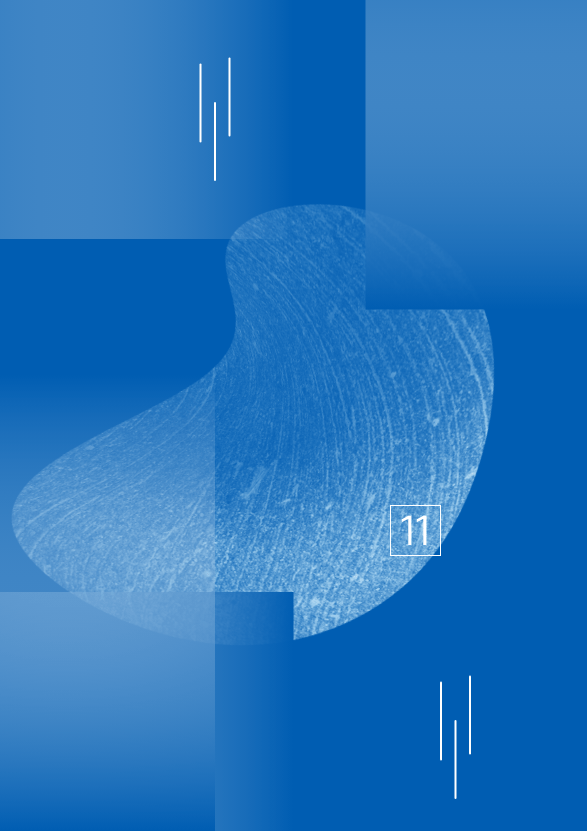

Foresight, Model project, Trips to Asia and South America – Newsletter #11
Charlotte Freihse
Hello and welcome to Issue #11 of Upgrade Democracy News!
Summer is (almost) over, and our team is starting the upcoming event season refreshed and full of anticipation. Summer break has only been partially accurate – our summer has been hectic , and a lot has happened. Much of this has already been pointed out by Julia in issue #10, so here are just three updates today:
Our foresight process on the future of the digital public sphere and the challenges for democracy has started! Last week, we got together with our Foresight-Fellows for two days for the first time, and it was a fantastic kick-off. So many exciting discussions, different perspectives, and smart ideas! Stay tuned, we will publish the results of this format in early 2024.
Broad competence building in dealing with disinformation and elections – our other model project is approaching its kick-off in October. Together with our cooperation partners, Julia is in the final stages of preparing the project, in which we will aim at strengthening citizens’ information literacy by developing and implementing effective and innovative information, education, and training programs.
Going international! – Our international research continues; the next stops are Bangkok and Buenos Aires. After our successful #1 research trip to Nairobi, our search for good practices in dealing with digital disinformation continues in October and November. In the Bangkok and Buenos Aires hubs, we will meet actors from the two regions and learn from their work in fighting digital disinformation. You can find our trip reports under the Perspectives category on our website.
In the spirit of the event season, there are not only reading recommendations, but also event recommendations below!
Warmly,
Charlotte
Register now for #Disinfo2023 in Krakow!
On October 11 and 12, 2023, the EUDisinfoLab annual conference will take place in Krakow, Poland. On both days, exciting experts will discuss the pressing issues surrounding the topic of disinformation. The area of tension between AI and disinformation will be in particular focus this year. Our team participated last year and we highly recommend this event to everyone who wants to learn, exchange and network in the field of disinformation. Click here to register.
Last spots for the D3 Congress on Digital Democracy!
The D³ Congress will take place for the fourth time in 2023. Over two days, up to 1,000 participants will discuss all aspects of digital democratic participation with over 100 experts. Charlotte will join Felix Sieker from Reframe [Tech] for a session on content moderation. Participation will be free of charge, but the number of spots is limited. Currently there are still 40 spots available. Secure yours here.
Democracy and Information Integrity – OECD Event
On November 13 and 14, the OECD will bring together representatives from governments, digital platforms, media, academia, and civil society to find effective policy responses to the challenges facing our democracies in the information space. Most excitingly, the conference aims to lay a foundation for and best extend the work of the OECD Guidelines on the topic. To register, click here.
READING RECOMMENDATION: WHY DO PEOPLE SHARE POLITICAL INFORMATION AND MISINFORMATION ONLINE? DEVELOPING A BOTTOM-UP DESCRIPTIVE FRAMEWORK
In a recent study conducted by the University of Westminster, researchers explored the complex web of motives behind sharing misinformation. It found that aspects such as the story’s novelty factor, accuracy, and visual appeal play an important role. Individual traits like political orientation or personal trust in platforms further influence the behavior of sharing. Find the study here.

